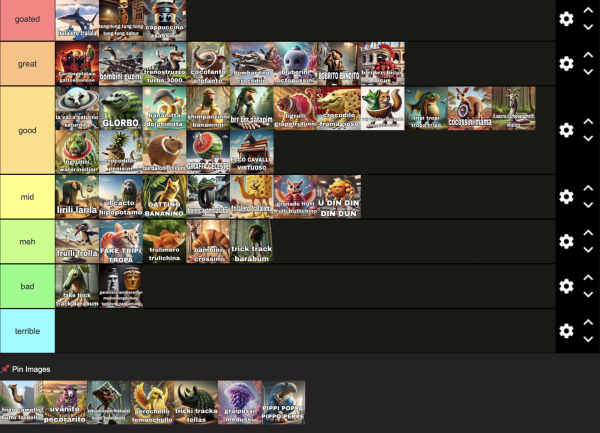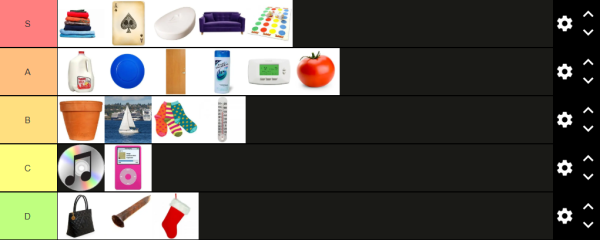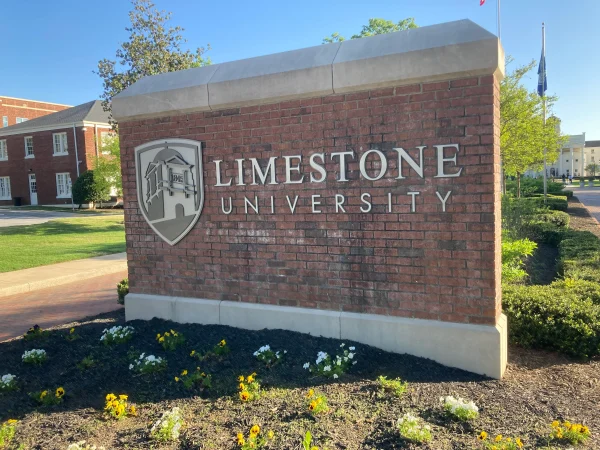Choosing Sides at CCES
In today’s political climate, there is virtually no “in between” position. There is right and left, red and blue, and this can often lead to polarized discussions, awkward family dinners, and distanced friendships once someone shares their personal political opinions. The same is true in a school environment, and especially so in a small, private school like CCES. Luckily, with its direct affiliation to the Episcopal Church, CCES has an advantage in finding its identity as a place that emulates the same doctrine that the Episcopal church adheres to. Even while the ever-repetitive diversity statement is present on the school’s official website, written and framed in classrooms, and tacked onto the end of every administrative email, there seems to be a disconnect between what CCES tells students, and what the school is actually teaching CCES students regarding politics.
According to cces.org, some of the CCES mission goals are as follows:
- Students will develop an appreciation of diverse cultures.
- Students will develop empathy and emotional intelligence that help them understand others and build trusting relationships.
- Students will develop habits of humility and prudence that induce self-criticism and self-correction.
- Students will acquire skills to become independent thinkers by developing self-discipline and persistence and by learning to distinguish reliable and relevant information.
These statements are encouraging to prospective CCES students as well as families who value a high school experience that acts as a way of enriching their child’s life. But is CCES really teaching us these values?
After the departure of a former CCES Upper School Chaplain, Kahu David, many students were confused at the reason for this change. Many remember him for his encouragement of open mindedness, acceptance of others, and his approachable demeanor. After the Kahu David’s departure, chapel services are now presenting messages that seem to directly contradict the messages that Kahu David left CCES with. These messages are being delivered weekly by guest speakers.
During the 2017 school year, speakers at chapel have equalized Charlottesville protesters (self proclaimed neo nazis and white supremacists) with opposition demonstrators. Students have heard another speaker say that he was raised in a racist household but his opinion of black people changed when he was in the military and his life was saved by a black man. This was interpreted by some students to mean that in order for someone to be equal to you, they must help you- in this case, literally save your life. Of course, this may not the direct intention of the speaker, however, the true message was lost in the confusion over this anecdote. Students have more recently listened to the Bishop of the Episcopal church in South Carolina declare himself a “radical centrist” and speak about racial and political issues in our country. These messages left some students in agreement, and some in total opposition, while others were just left confused.
Another example of confusing messages from administration came following the 2016 election. Several students recall being harassed and targeted by their peers because of their political opinions and were repetitively yelled at in school hallways, and aggressively confronted in the classroom as well as other instances of hostility. When students reported these issues to administration, the school seems to remain silent. This negligence from administration to hold students accountable to the stated mission goals has led to a hostile and exclusionary learning environment. Such an environment is limiting to discussion in class, leaves students feeling distracted and unhappy in class, and sometimes these students are alienated from previous friends and from making new ones. These issues still continue for several students.
There have been several in class examples where students have been confused about the school’s position on politics. In the fall of 2017, a teacher was silenced for sharing their opinions and attempting to open a discussion about gun control following the Las Vegas shooting. While the diversity statement remains hung in every classroom, other teachers make racially stereotyping comments and subtle jabs at political protesters or demonstrators, as well as an offensive comment directed at the LGBT community in reference to an in-class example relating to the 1980s’s AIDS crisis.
There seems to be a weak effort to encourage a dialogue about political issues and the contradictory actions by the administration is confusing and potentially harmful to the way students at CCES view national issues on a community level.
*The CCES journalism staff does not take an official position on the ideas expressed in this article, and these opinions may not reflect those of the entire CCES community, administration, or student body.







